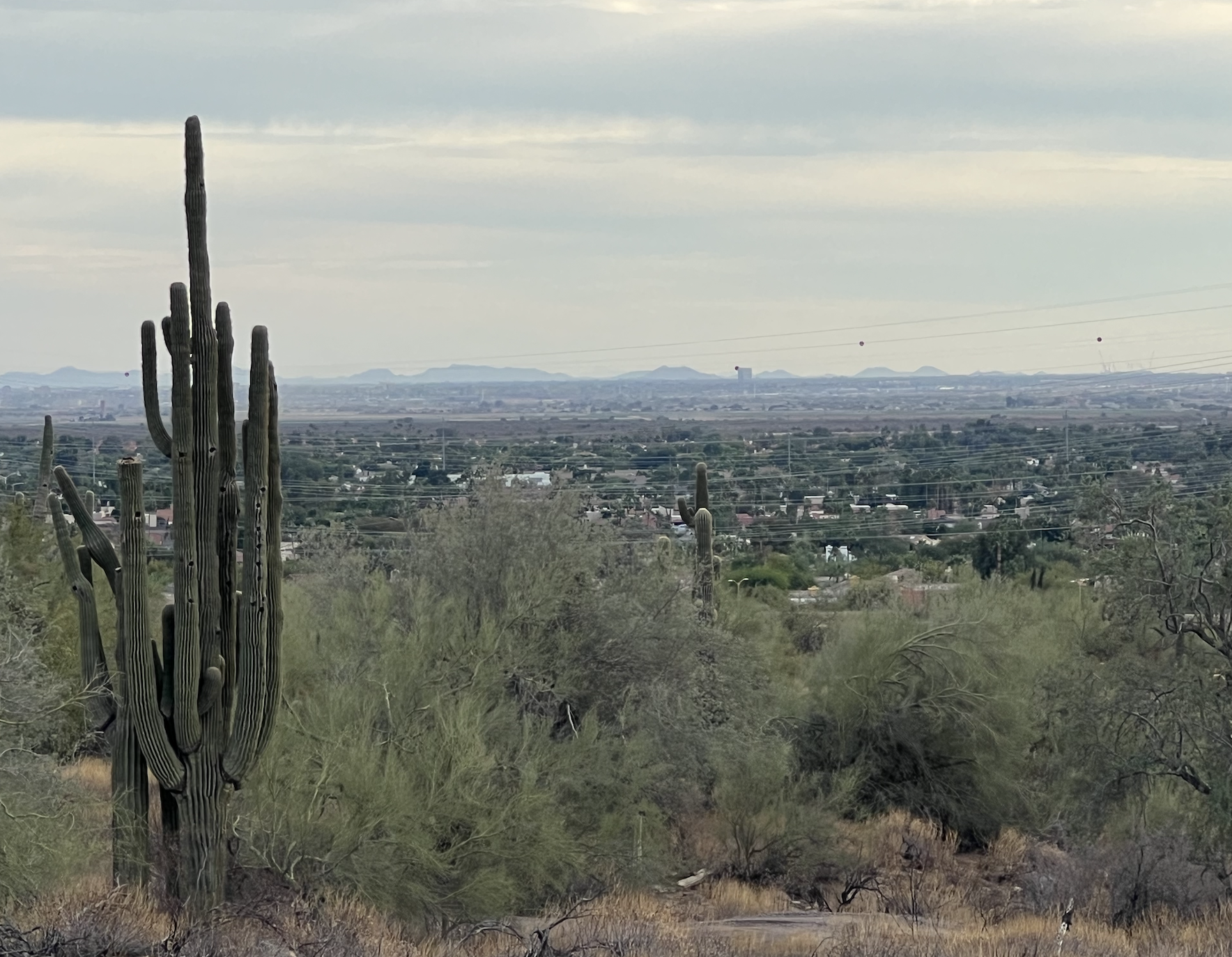I think about time a lot. The time that I have meetings during the day. The 10 minutes of time that I have before some of those meetings. The time that I take after those meetings to follow up. The time that I have to get more done than there is seemingly time for. The time that I want to walk my dog, or be in my garden. There always seems to be some part of my brain that is chunking out time.
I’d like to think about time less. I’d like to feel less “driven” by the clocks on my computer, my stove, my microwave oven, my phone. I’d like to feel more spacious. Less pressured. I’d like to feel less rushed — a quality that can often become habit when thinking so much about time. Time seems to be in the middle of all of this.
For much of 2015 I got to be an official mentor with my friend Jessica Riehl, completing her thesis for her graduate program. Her final project was a focus on time that started with recognition of the pattern that many people experience — not having enough time and how to adapt to that. Though efficiency with time interests me, what feels more powerful and intriguing to me is becoming more aware of the relationship with time that any of us have. With awareness comes choice — so the thinking goes. With choice comes different behavior and practice.
Jessica and I created an exercise that included some fill-in-the-blank statements using post-it notes, one for each person for each question.
- Time is a _____. Or, Time is _____.
- The hardest thing about time is _____.
- The easiest thing about time is _____.
- The reason I don’t have time to _____ (something you like to do) is because _____.
- If I could change one thing about time it would be _____.
Then we had people talk about their responses. It was revealing. It was really interesting. For me, because our respective relationships (thinking, beliefs, practices) with time really impact who we are and what we are as human beings. Individually and collectively. If I feel that I’m always “short on time” I build my life around that. A timeless wandering walk that could be the afternoon becomes 20 minutes to the end of the block and back.
Fast forward from that time with Jessica. Earlier this week I was in a conversation with another good friend and colleague, Tatiana Glad, visiting from Amsterdam. I love Tatiana for her incredibly quick brain and big heart. Over breakfast, I asked Tatiana about her practice with simple things like email and texts. “If someone texts you, by when do you feel you are responding late?” Of course it depends on who is texting and what the topic is. But what I was trying to surface with her, and learn from, was more of the nuancing of relationship with time. For me, texts are more immediate. I feel that I want to respond within the hour. However, with email, unless urgent (again by project or person), I typically will respond within a couple of days. I don’t want to treat the randomness of email as being my priority todo list — that never ends and often can displace all of the available space for my creative project work.
It was a fun conversation with reaching implication about a simple, simple thing. Yes, corny as it sounds, it’s about time that more of us start talking about time and our relationship to it. To remember the ways that this human construct, clock time, has come to shape our very conception of reality, often, without much of our awareness.
It’s about time.
